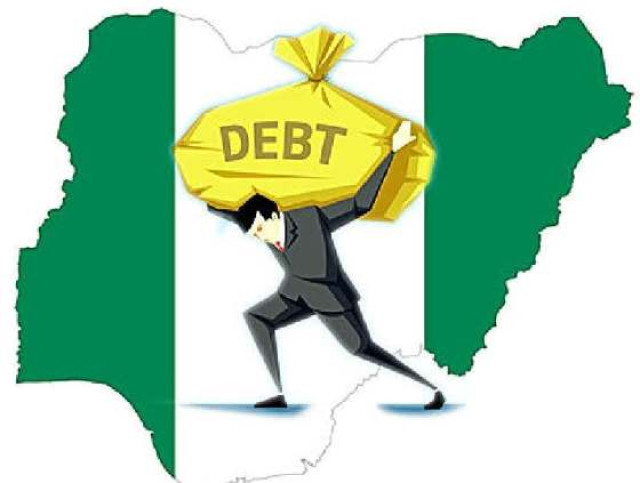Nigeria's debt servicing in the first seven months of this year rose by 53.63 percent, or $971.47m, to $2.78bn, up from the $1.81bn recorded in the same period in 2023.
External debt servicing has gulped the highest amount in May at $854.36m followed by $560.51m in January and $542m in July.
Nigeria's total public debt stood at N121.67tn ($91.46bn) as of March 31, 2024, with total domestic debt at N65.65tn ($46.29bn) and total external debt at N56.02tn ($42.12bn).
This was despite the current administration's insistence on focusing more on domestic borrowings from the capital market.
It also estimated that approximately 30% of Nigeria's external reserves are constituted by foreign exchange bank swaps.
In FY2023, the FGN's external debt service payments increased by $1.1bn to $3.5bn, comprising US$1.9bn and $1.6bn in market and non-market debt payments, respectively.
The FG also projected a spending of N8.25tn to service its debt in 2024.
President Bola Tinubu stated that his administration was committed to stopping the vicious cycle of overreliance on borrowing for public spending and the resulting stress on the management of scarce government resources caused by debt service.
At the subnational level, 22 states have spent a total sum of N251.79bn to service debt borrowed by past administrations within nine months of assuming office, a report in July indicated.
It was gathered that the states obtained fresh loans of N310.99bn between July 2023 and March 2024, despite increased monetary allocations from the Federation Account.
In August, Nigeria began a $500m domestic FGN US dollar bond under its $2bn programme.
Analysts projected that the offering would boost the external reserves to help stabilise the Nigerian currency.
A Professor of Capital Market at Nasarawa State University, Uche Uwaleke, observed in a commentary sent to our correspondent that bond issuance held a lot of promise.




















